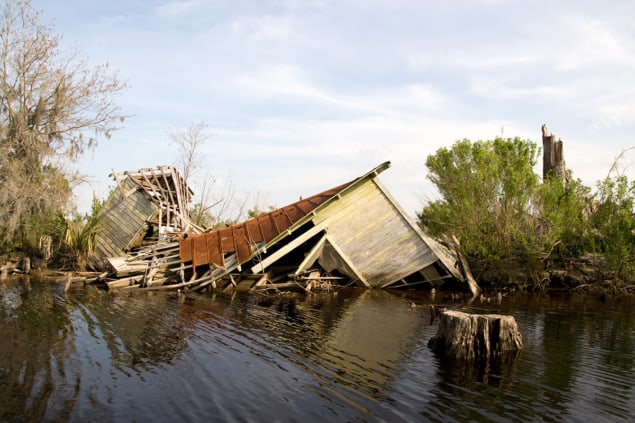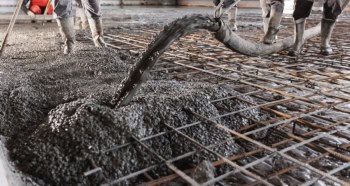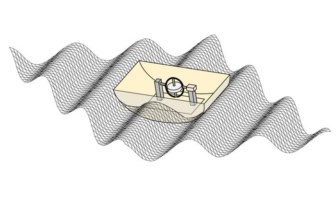
The US economy could lose as much as 10% of its gross domestic product by the end of the century if the country does not take significant steps to rein in global warming. That is according to a 1656-page report released on Friday by the US government that looks at the impact of climate change on the US.
The document is the second volume of the fourth US National Climate Assessment, following similar exercises in 2000, 2009 and 2014. The first volume, focusing on the science of climate change, was released last year. Written by 13 federal agencies, the second volume outlines the present and possible future effects of climate change on US life including human health, water quality, infrastructure and tourism.
“The impacts of global climate change are already being felt in the United States and are projected to intensify in the future,” the report states. “But the severity of future impacts will depend largely on actions taken to reduce greenhouse gas emissions and to adapt to the changes that will occur.”
If President Trump continues to ignore climate change, then he will abdicate his responsibility to protect the well-being and prosperity of future generations
Bill Foster
Philip Duffy, president of the Woods Hole Research Center, notes in a statement that the report paints a picture of “pervasive and increasingly severe impacts” of climate change throughout the US. “These impacts have never been more apparent,” he says. “California’s mega-fires are only the most recent example; in the past two years we’ve seen many other events — hurricanes, droughts, floods — of the sort that we expect to be made more frequent and/or more severe by climate change”.
“Anti-science posture”
The report complements a special report by the United Nations International Panel on Climate Change (IPCC), which was issued in October. While the IPCC assessment focused on what it would take to limit warming to less than 1.5 ˚C and 2.0 ˚C, the National Climate Assessment instead focuses on the changes in climate and associated impacts that will result from different fossil fuel emissions scenarios. “There are no inconsistencies with regard to the underlying science [between the two reports]; just different focus and framing,” climatologist Michael Mann from Pennsylvania State University told Physics World.
While scientists have welcomed the report, the Trump administration has been dismissive. “We think that this [assessment] is the most extreme version and it’s not based on facts,” noted White House press secretary Sarah Sanders.
Political opponents, however, disagreed. “If President Trump continues to ignore climate change, then he will abdicate his responsibility to protect the well-being and prosperity of future generations,” says Democratic representative and physicist Bill Foster. “The report shows that his anti-science posture could wreak havoc on the American economy and hurt the American people.” IPCC Special Report on 1.5 °C: the reaction
Other critics excoriated the timing of the report’s release during the busy Thanksgiving holiday weekend in the US. But any apparent effort to reduce coverage of the report seems to have backfired. “Trump trying to bury climate report is such a compelling media narrative that it might lead to greater coverage…,” Mann tweeted immediately after the report’s release. “And indeed,” Mann told Physics World, “it looks like it did.”




